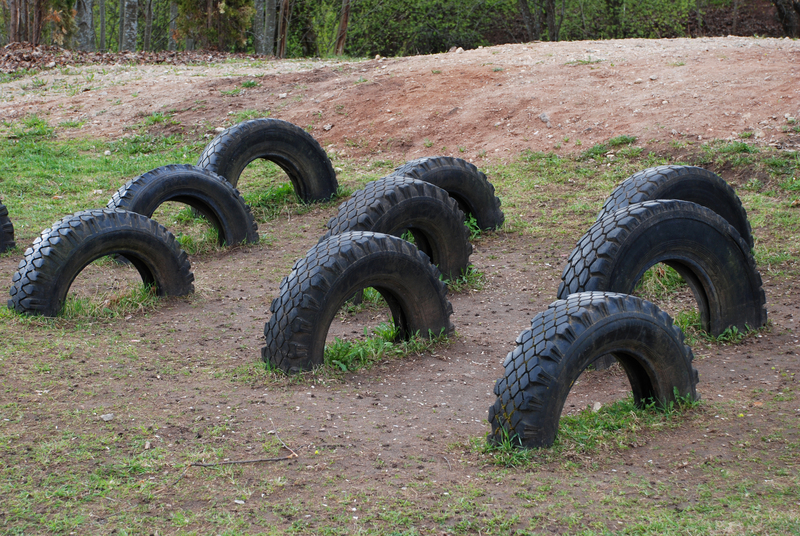When you're living in a residential area or managing a construction site, waste management becomes crucial. One highly effective solution for waste disposal is the use of skip bags. Their convenience and cost-effectiveness make them a popular choice. However, understanding skip bag cost estimates can be a daunting task. In this comprehensive guide, we will break down everything you need to know about skip bag costs, providing you with clear estimates and insights to make an informed decision.
Factors Influencing Skip Bag Costs
Several factors influence the cost of skip bags. Some of these include:
1. Size of the Skip Bag: The larger the bag, the higher its cost.
2. Duration of Rental: Extended rental periods generally incur additional costs.
3. Type of Waste: Different types of waste (e.g., construction debris vs. garden waste) may have varying disposal costs.
4. Geographical Location: Costs vary based on your location due to transportation and local landfill fees.
5. Additional Services: Extra services like permits, special disposal arrangements, and additional pick-ups can add to the overall cost.

Average Cost Estimates for Skip Bags
To give you a ballpark figure, small skip bags (1 cubic yard) can range from $30 to $60, while medium skip bags (2-3 cubic yards) can cost between $60 and $120. Large skip bags (4-5 cubic yards) typically range from $120 to $200. It's essential to obtain quotes from multiple providers to compare prices.
Cost Breakdown
When considering the overall cost of skip bags, it's helpful to break down the expenses:
- Purchase/Rental Fee: The basic fee for obtaining the skip bag.
- Pick-up Charges: The cost incurred for retrieving the full bag.
- Disposal Fees: The cost of disposing of the waste material.
- Permit Fees: If the skip bag needs to be placed on public property, a permit might be required.
Pros and Cons of Using Skip Bags
Pros:
- Convenience: Easy to use for both small and large waste disposal projects.
- Cost-Effective: Generally cheaper than traditional skip hire.
- Flexibility: Can be placed almost anywhere and filled at your own pace.
- Environmentally Friendly: Encourages proper waste segregation and recycling.
Cons:
- Limited Size: May not be suitable for very large projects.
- Restrictions: Some types of waste may not be allowed.
- Weight Limits: Overloading can incur additional costs or refusal of service.
- Placement Regulations: Requires a permit for placement on public land.
Tips for Reducing Skip Bag Costs
1. Sort Your Waste: Proper segregation can reduce disposal fees.
2. Choose the Right Size: Avoid paying for extra space you don't need.
3. Negotiate Prices: Don't hesitate to ask for discounts, especially if you are renting multiple bags.
4. Plan Ahead: Book in advance to avoid last-minute high charges.
5. Check for Permits: Ensure you have the necessary permits to avoid fines.

Takeaways
Understanding skip bag cost estimates involves considering multiple factors such as size, duration, and type of waste. By being aware of these factors, you can make more cost-effective decisions. Additionally, it's crucial to identify reputable suppliers to ensure you get value for your money.
Conclusion
Skip bags offer a convenient and cost-effective solution for waste disposal, particularly for residential projects and moderate construction work. By understanding the various factors influencing skip bag costs and following our tips, you'll be better prepared to manage your budget effectively. Always compare quotes from different providers to ensure you are getting the best deal.
Use the information provided in this article to make an informed decision the next time you need a skip bag. Managing waste doesn't have to be a costly affair, and with proper planning, you can dispose of your waste efficiently and economically.
